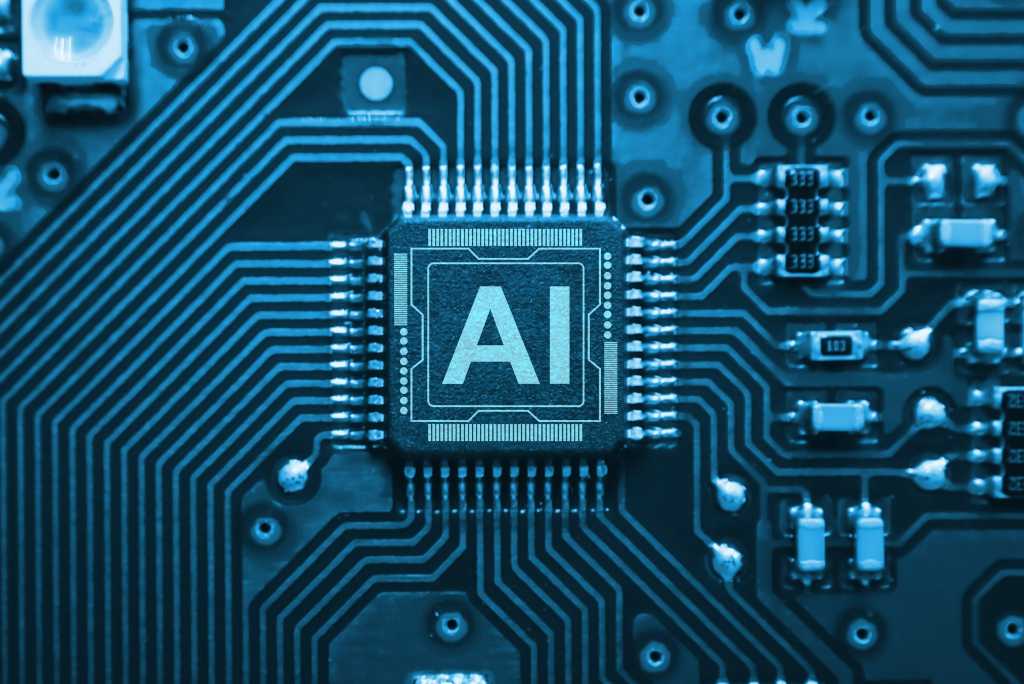

With AI hardware built-in, he pointed out, users can run complex algorithms such as image recognition or natural language processing (NLP) locally, providing better speed, security, and the convenience of offline processing.
Still, “while AI PCs are exciting, they may not become the norm as quickly as some predict,” said Hasan. Challenges include the high cost of integrating AI chips, not yet proven everyday use cases, and concerns about data privacy and AI misuse. But “the current hype does suggest that AI-powered computing will eventually become an integral part of the future, even if the transition takes longer than the optimists claim.”
Instead of being passive tools, AI PCs are designed to anticipate needs, automate repetitive tasks, and make decisions based on user habits, said Jon Morgan, CEO and editor-in-chief of business advisory firm Venture Smarter.

